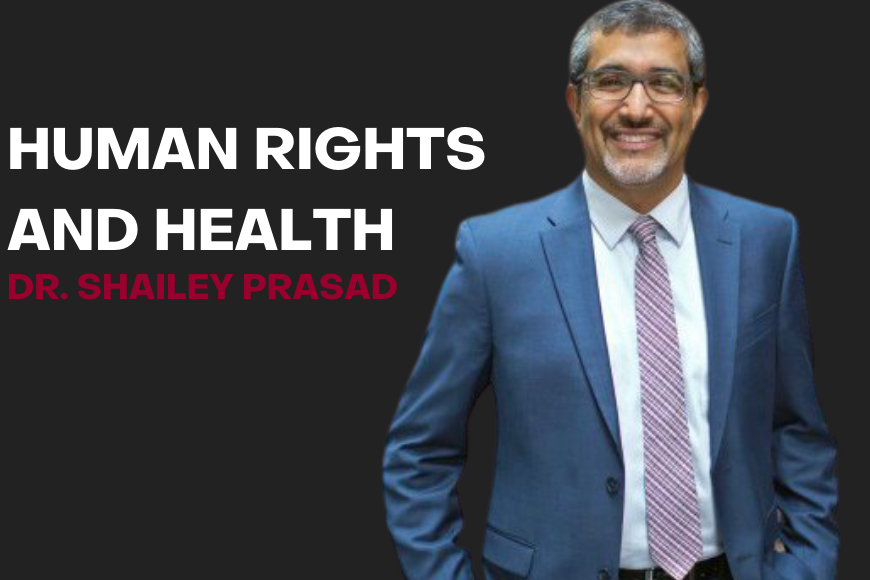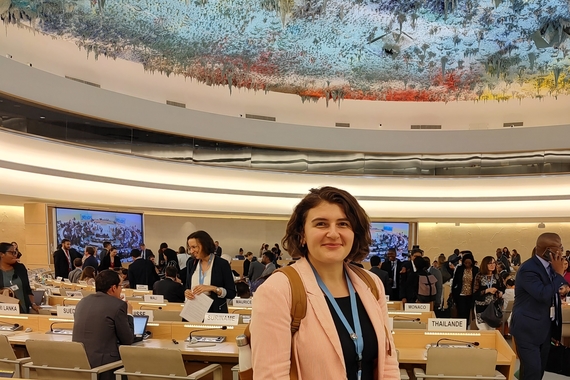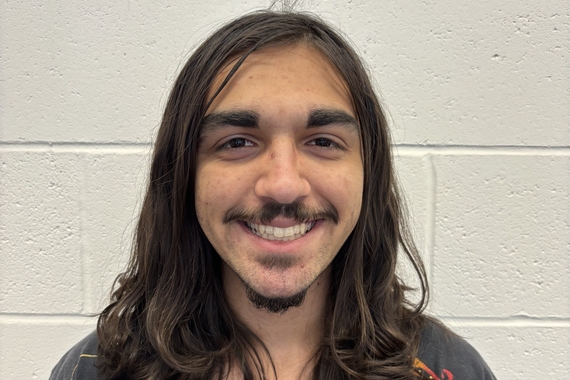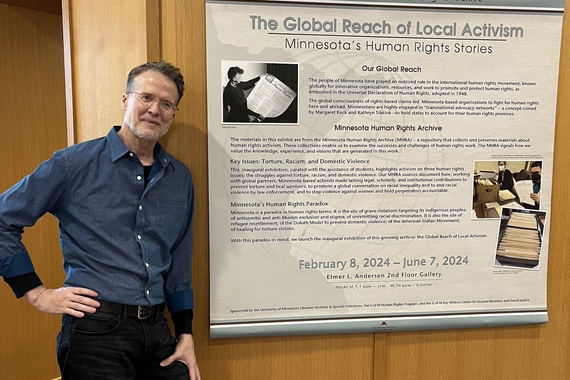Human Rights and Health in a Global Context
Human rights research and teaching at the University of Minnesota spans multiple Schools and Colleges including liberal arts, public policy, law, public health, education, design, and medicine, among others. This three-part series highlights the work of our faculty specializing in health care.
Executive director of the Center for Global Health and Social Responsibility, professor in and Vice Chair for Education of the Department of Family Medicine and Community Health and Co-director of the Rothenberg Leadership Academy, and Carlson Chair of Global Health, Dr. Shailey Prasad dedicates himself to the interdisciplinary pursuit of equitable access to healthcare on a global scale. Through work in underserved areas of the world and his collaboration in research programs in health services, Dr. Prasad uses his expertise and critical perspective on global health outcomes to establish primary care systems in various, underserved parts of the world. Dr. Prasad partnered with the Human Rights Program on the 2020 “Envisioning the Future” webinar series.
Health outcomes and practices have not been and are not equitable. This is true on both regional, national and international scales. Looking to address this reality, acknowledging the violent histories and power differentials that contribute to such a situation, and continually evaluating the global health model, Dr. Shailey Prasad directs and works through the Center for Global Health and Social Responsibility at the University of Minnesota to create a more just healthcare paradigm.
The very name of the Center reflects its multi-dimensional, complex mission and the recognition that global health has not been grounded in ethical principles. Dr. Shailey explains the muddied past of global health, saying that “there has been criticism that global health has been a continuation of a colonialist agenda, has been exploitative at some times, suppressive at times… looking at communities from a very deficit viewpoint.” Dr. Shailey additionally highlights the importance in “recognizing that health, in its totality, encompasses so much more than clinical medicine” and is shaped by social & political determinants.
The activities undertaken by the Center have a broad geographical reach, reflect its mission and take into account the multitude of variables that determine health outcomes on a global scale. In an effort to create a collaborative, participatory healthcare paradigm that disentangles the field from its colonialist past, Dr. Prasad, with the Center, is working with teams in Uganda, Thailand, South Africa, Zambia, Indonesia, and India, among other countries, in the interest of establishing sound networks of primary health care internationally.While the arrival of the COVID-19 pandemic has undoubtedly transformed ways in which such collaborative initiatives are undertaken, it has not terminated their existence. In Ghana, the center has partnered with an NGO, MSSI to pivot training to an online platform to increase reach across Ghana and anglophone West Africa.
Central to this work and the goals of the Center for Global Health and Social Responsibility is collaboration. Such collaboration is undertaken both with other health professionals in the U.S. and internationally, as well as with those whose area of expertise lies outside the realm of healthcare. Here at the U, Dr. Prasad’s dedication to exploring the totality of health-- which is affected by interdisciplinary collaboration with experts working in other fields. It was this kind of collaboration that led to his participation in this summer’s “Envisioning the Future” webinar series.
In this series, Dr. Shailey Prased moderated and participated in discussions that looked to address systemic inequalities in the wake of the murder of George Floyd and the arrival of the COVID-19 pandemic. Dr. Prasad reports having thoroughly enjoyed his participation in this project and learned a great deal from his colleagues and the conversations they had. Reflecting on this experience, he notes that, while he knew many participants personally, the webinar series provided “a new avenue for us to engage with them and also see the interplay between the participants. Putting these people together to have these conversations was just amazing.”
Dr. Prasad looks forward to participating in more projects that look to tackle the question of building a better future through a critical examination of the injustices of the contemporary moment and conversations that are enriched and characterised by a plurality of voices and perspectives, especially with respect to the establishment of universal healthcare.



